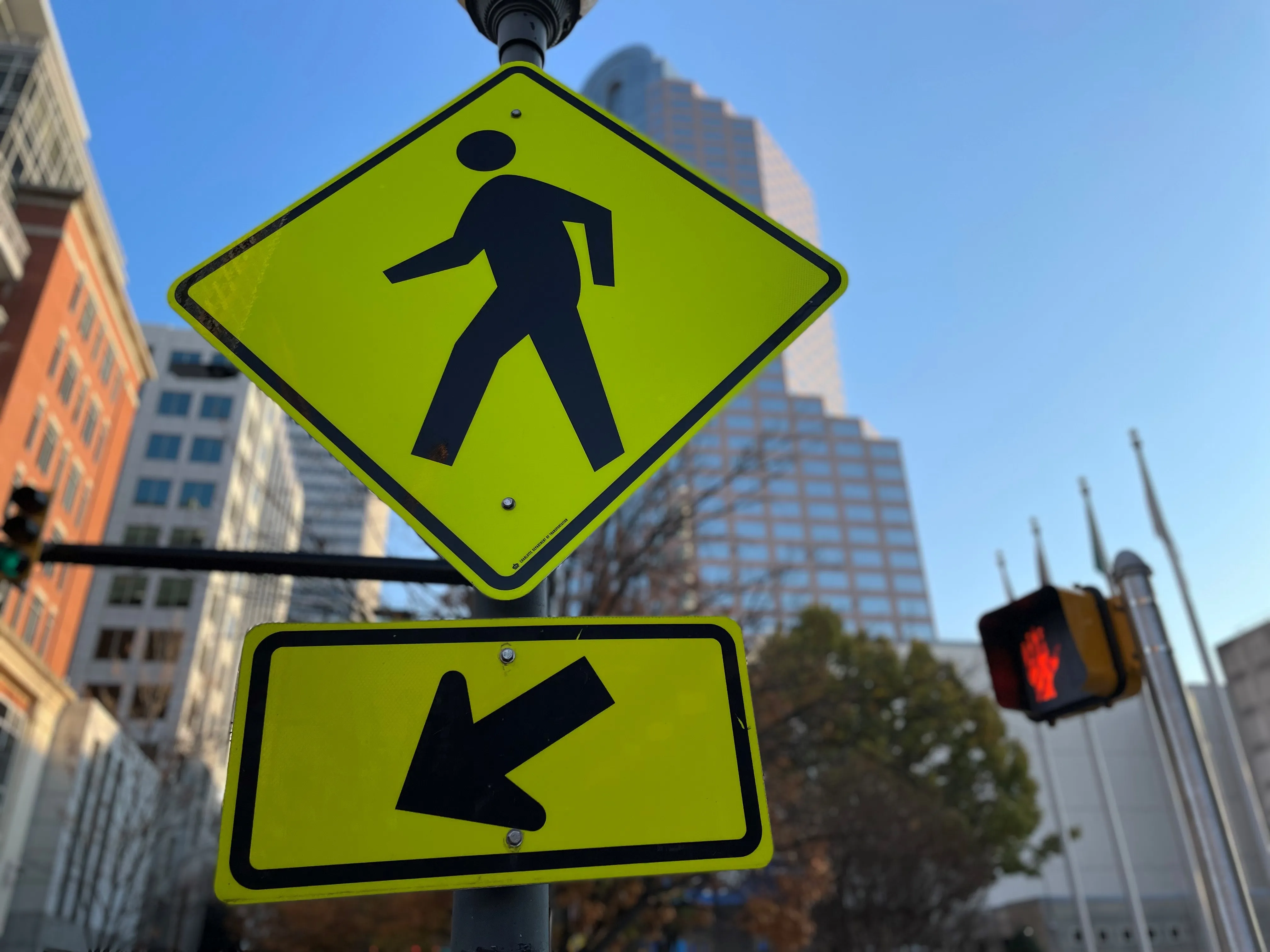Brake, the UK road safety charity, is calling on the government to take action to reduce the numbers killed and seriously injured on Britain’s roads. In recent years road safety policy has been diminished by a lack of interest, urgency and resources, the consequences of which are becoming increasingly apparent as our road casualty figures begin to rise. Brake is calling on the government to act now to uphold its commitment to zero road deaths and injuries on the road.
Road casualty figures just released
February 3, 2017
Read time: 2 mins
Road casualty figures just released by the
Brake says this is clear evidence that action needs to be taken, particularly to protect the most vulnerable road users.
In addition, the government’s provisional estimates suggest that there has been a ‘statistically significant’ increase in the numbers killed and seriously injured in a crash where one or more of the drivers were under the influence of alcohol. The number of collisions involving alcohol increased by two per cent over the same period, revealing a widespread problem that Brake says must be addressed. It is calling on the government to increase the resources available to the police so they can crack down on dangerous drivers that choose to get behind the wheel when they are over the limit.








